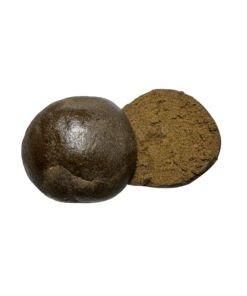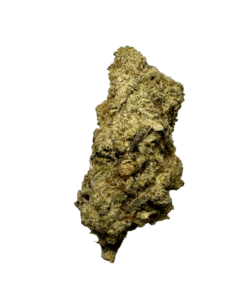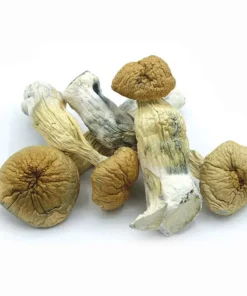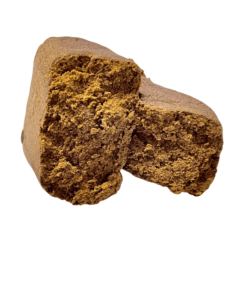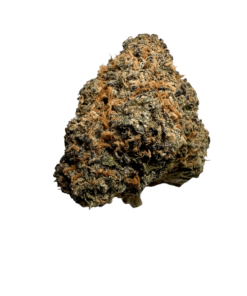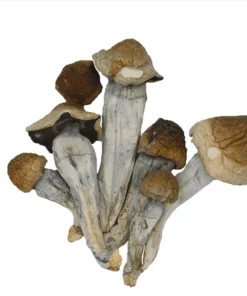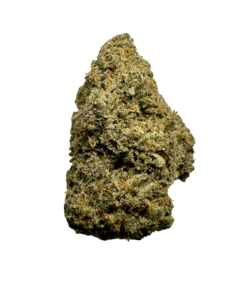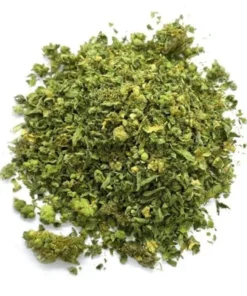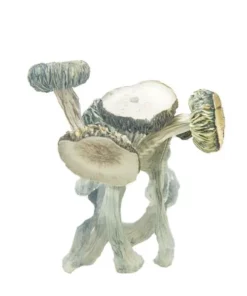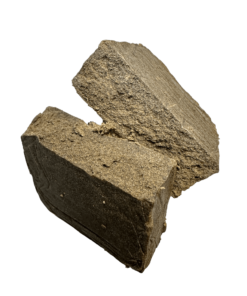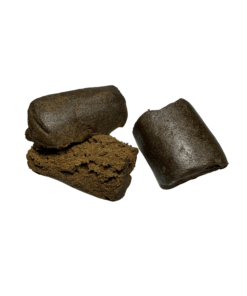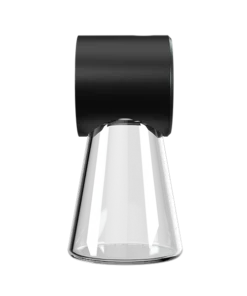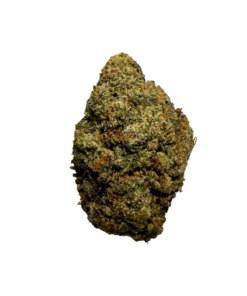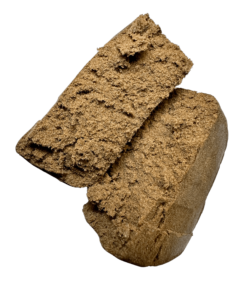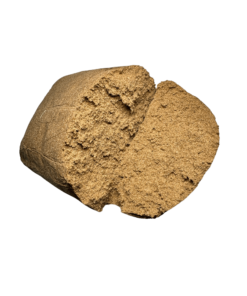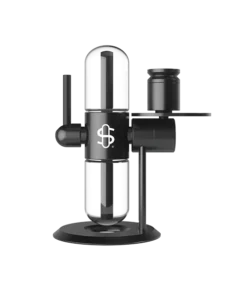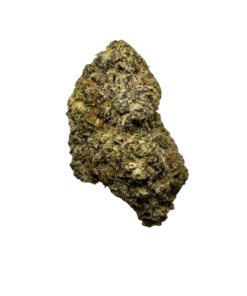Does quitting weed lead to weight gain?
Recent surveys conducted in the United Kingdom estimate that more than 7.5 million people over the age of 16 – 60 indulged in cannabis consumption at least once and that over 2m plus take the drug at least once a month.
Interestingly, there’s a rising trend of adults and seniors embracing this habit. Among these adults, the vast majority engage in cannabis use for recreational purposes.
A well-known physiological effect attributed to cannabis is the heightened appetite often referred to as the “munchies.”
While it might seem intuitive to assume that an increased appetite leads to weight gain, epidemiological studies suggest otherwise. Despite the common belief linking weed use to high-calorie diets, research indicates that cannabis users are less likely to be obese.
A noteworthy study featured in The Britsh Journal of Science in 2020 disclosed a low prevalence of obesity among cannabis users, contrary to empirical and anecdotal evidence associating them with high-calorie consumption.
The study’s key revelation was that current cannabis users exhibited improved carbohydrate metabolism compared to non-users.
So, what implications does this have for individuals who decide to quit smoking cannabis? Does quitting lead to weight gain? Let’s delve deeper into this question below.
Understanding the relationship between cannabis use and metabolism
A UK study released by researchers revealed that regular cannabis users exhibited a 54% lower likelihood of experiencing metabolic syndrome compared to non-users.
Metabolic syndrome encompasses a cluster of health issues, including high blood pressure, elevated blood sugar levels, excess abdominal weight, and abnormal cholesterol levels, which collectively elevate the risk of diabetes, stroke, and heart disease.
Analyzing data from nearly 18,500 individuals participating in the National Health and Nutrition Surveys, aged between 20 and 55, the study identified several key observations among cannabis users:
- Reduced risk of type 2 diabetes development
- Lower incidence of heart disease
- Decreased blood sugar levels
- Diminished levels of unhealthy cholesterol
- Less abdominal adiposity
These findings align with previous research investigating the relationship between cannabis consumption and metabolism.
The precise mechanism linking weed to metabolism remains a subject of intrigue among scientists. While cannabis consumption typically stimulates the endocannabinoid system (ECS), triggering hunger sensations in most individuals, researchers speculate that the ECS plays a significant role.
Furthermore, studies indicate that cannabis confers a “cardiometabolic protective effect,” positively influencing dietary health.
Research conducted by GW Pharmaceuticals highlights the potential benefits of two cannabis compounds, CBD and THCV, in promoting fat loss, reducing cholesterol levels, and enhancing metabolism.
Cannabis users exhibit lower BMI: Insights from research
In a study conducted by the University of Miami and published in The Journal of Mental Health Policy and Economics, researchers examined data from over 13,000 adults aged 18 to 26.
Body measurements were collected to compute BMI, and weed usage was assessed. Six years later, when participants were between 24 and 32 years old, BMI and weed usage were re-evaluated.
The study revealed that women who smoked pot daily had a BMI of 3.1% lower than non-daily smokers, while men who consumed cannabis daily had a BMI 2.7% lower than non-daily users.
A comprehensive investigation into cannabis use and weight concerns was conducted by a team from Michigan State University (MSU) and published in the International Journal of Epidemiology. The study aimed to determine whether regular weed users were more prone to weight gain.
Results indicated that weed users were less likely to be overweight or obese. Intriguingly, over a 3-year period, all participants experienced weight gain, but cannabis users showed a lesser increase compared to non-users. Moreover, both new and regular cannabis users exhibited lower BMIs.
Will you gain weight if you stop using cannabis? Understanding the potential effects
Now, onto the crux of the matter—the reason behind your interest in this discussion. We’ve established that smoking weed can potentially enhance metabolism. Furthermore, regular weed users often exhibit a lower BMI. Therefore, it’s highly likely that you may gain weight if you cease smoking pot.
As highlighted by research, weed consumption has been linked to accelerated metabolism. Consequently, when you discontinue smoking, there’s a strong possibility of weight gain due to a slowdown in metabolism. To counteract this effect, you might consider increasing your physical activity, such as opting for the stairs over the elevator and parking further away to encourage walking.
However, numerous factors come into play, and it’s plausible that you may not experience weight gain after quitting. If you do notice weight gain, it’s essential to consider other contributing factors. For instance, are you certain that your dietary habits remain consistent post-smoking cessation?
If smoking pot served as a distraction or oral fixation, you might find yourself eating out of boredom, potentially explaining the weight gain.
Study finds cannabis-mums gave birth to children with normal brains
Closing Thoughts: Does Quitting Smoking Lead to Weight Gain?
The discussion surrounding weed, metabolism, and weight issues remains relatively nascent, requiring further exploration through research. Before conclusively asserting that weed accelerates metabolism and aids in combating obesity, more studies are warranted.
Nonetheless, existing research suggests that cannabis could indeed elevate metabolism, with regular users often exhibiting a lower BMI.
In essence, it’s highly plausible that you may experience weight gain upon discontinuing pot smoking. However, it’s crucial to note that individual responses vary, and numerous factors influence weight changes.
While we cannot guarantee weight gain, it’s certainly a consideration worth pondering if you’re contemplating quitting smoking pot. Each person’s journey is unique, and understanding the potential effects can help inform your decision-making process.
Disclaimer: The information provided on this page is for educational purposes only and should not be considered medical advice. Always consult with a healthcare professional before using any THC product.


